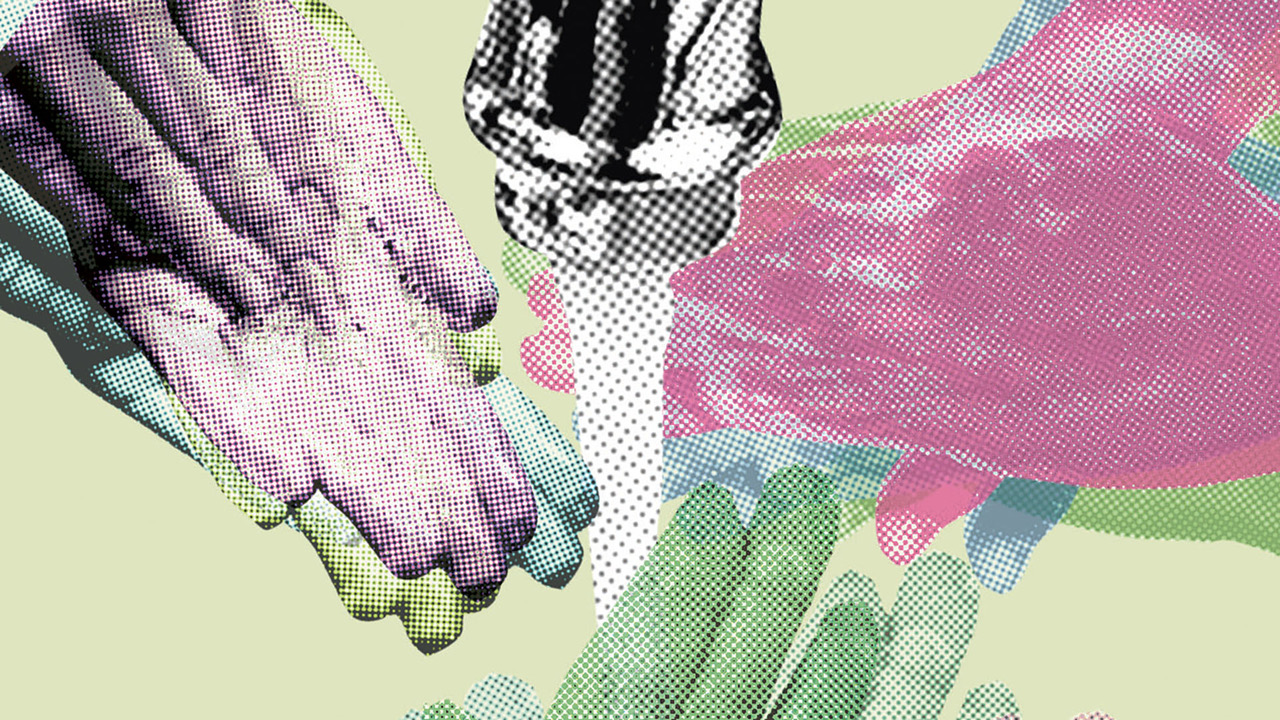As football fixtures were postponed, European countries began to shutter their borders and the unpleasant phrase ‘herd immunity’ entered the common vernacular – a small room above a community centre in West London felt like the sanest space in the city. It is here where I, and others unfortunate enough to suffer obsessive compulsive disorder, meet every two weeks to discuss our relationship with a disorder the World Health Organization lists as one of the world’s 10 most debilitating.
“How is everyone coping with the coronavirus news?” said one participant in the London OCD support group. There was a relaxed hum. Somebody spoke. “I’m fine,” they said. “I prepare for catastrophe every day as it is.” It felt vaguely inappropriate to crack a smile, but people did anyway.
Few mental disorders are misunderstood like OCD. Our illness is routinely mocked on the popular crafts site Etsy (for £15, you too can own a quaintly offensive Obsessive Christmas Disorder T-shirt), in advertising (right at this very moment, Sky is advertising one of its new TV packages with the strap “obsessive compulsive viewing”) and on breakfast television (last week, within 30 minutes of rising and putting on the box, I heard three people use the phrase “I’m a bit OCD”, when “I like to keep things tidy” would have been more appropriate).
I wish I was tidy. I once became so lost in my obsessions that I spent a week lying in bed, the cover pulled over my head, crying, worried I’d murdered someone and forgotten about it. Another time, as a student, I woke up one day and decided I was HIV positive. I’d caught it when I’d got a tattoo, I decided. I rang the then active NHS Direct so many times they sighed when someone picked up the phone and realised it was me. I went for six AIDS tests in one year. I lost my mind.
Most people have some sort of understanding that OCD has something to do with handwashing. It’s the most common subset of the disorder, with 25 per cent of American sufferers saying the fear of contamination is what forms the basis of their obsessions and compulsions. The easiest way to explain what goes through an OCD person’s cognitive process during heightened states of anxiety – though I often think if you don’t know, you won’t know, and I dearly hope that you never ever have to know – is the idea that the sufferer must protect themselves from some unseen enemy. So much of OCD is about doubt – its front-line treatment, CBT and what’s known as exposure therapy (quite simply the process of living with thoughts rather than pushing them away and emboldening them, or looking for reassurance), is about learning to live with uncertainty and risk. OCD is self-perpetuating. Hand washing eases the doubt, but it prolongs and amplifies the suffering.
Which makes living with OCD in the age of coronavirus complicated. Many OCD people have spent decades resisting washing their hands too much. It’s
quite literally the recommended treatment – and now they’re supposed to do
the opposite?





